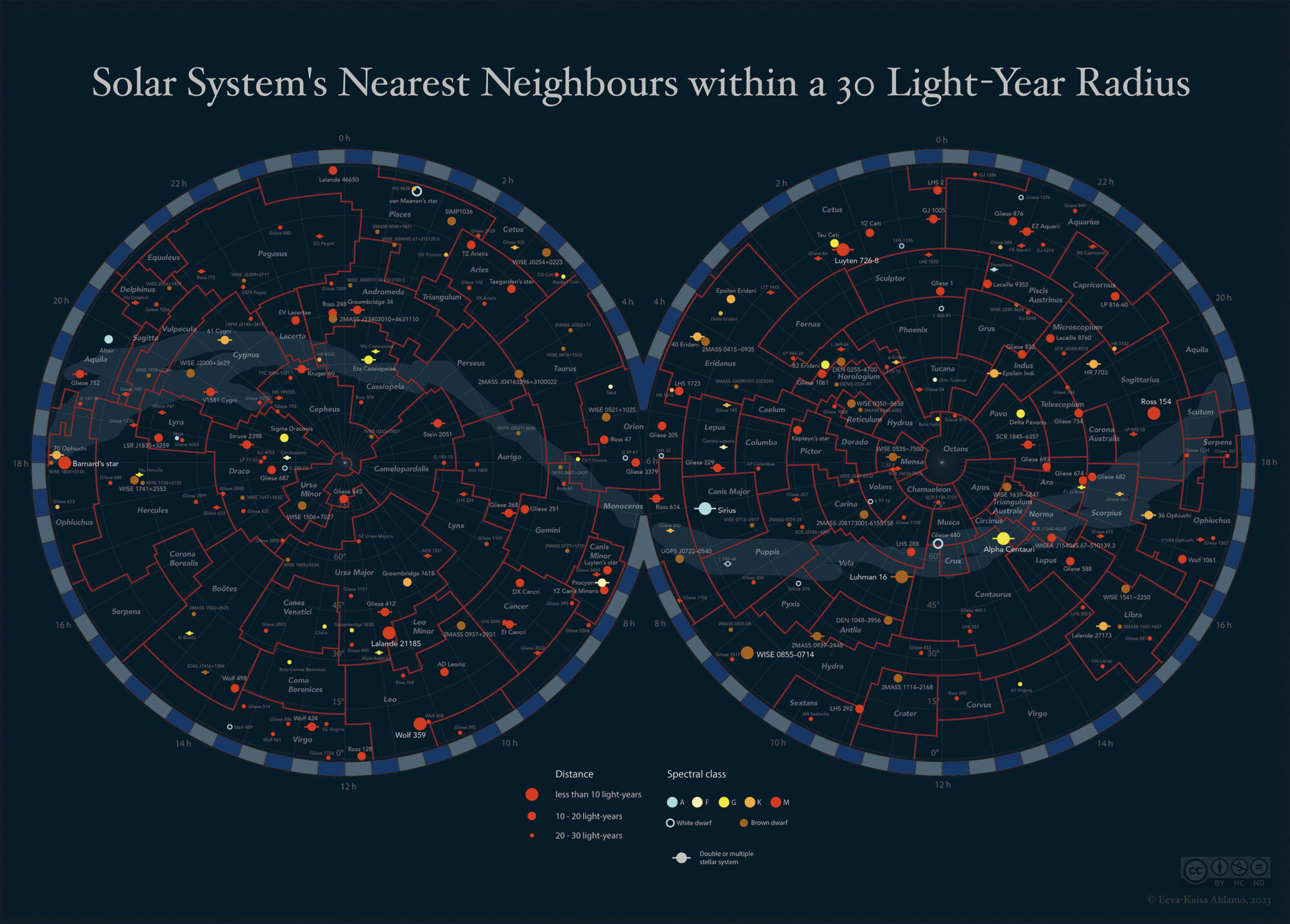candlicious ghost
the future is the past and the past is the future
Yep. A delicious circle....
An ouroboros of tasty delight
Last edited:
candlicious ghost
the future is the past and the past is the future
In this scenario, wouldn't it be incorrect to call it artificial? I mean, considering this nascent intelligence is fundamental to the Universe.what if AI was actually more of a thing that just exists as some kind of nascent presence in the universe
You are correct but in my view if that was the case we can't detect or know of this presence so we think we are creating something artificial via code. We don't know that we are being influenced by an external force to create the physical form that it wants.In this scenario, wouldn't it be incorrect to call it artificial? I mean, considering this nascent intelligence is fundamental to the Universe.
-Will
Amazing that something like this made to make boom can also be used to help your heart. Ignore the title of the video it's a bit click baity but it's really interesting.









It was when I fell down the steps


 spacenews.com
spacenews.com

Challenging 180 Years of Faraday Effect Assumptions
“In simple terms, it’s an interaction between light and magnetism,” explains Dr. Capua. “The static magnetic field ‘twists’ the light, and the light, in turn, reveals the magnetic properties of the material. What we’ve found is that the magnetic part of light has a first-order effect, it’s surprisingly active in this process.”
Since Michael Faraday first identified the effect in 1845, scientists have largely attributed it to the electric field of light interacting with electric charges inside matter. The new findings show that the magnetic field of light also plays a direct and measurable part in the process through its influence on spins, a contribution that had long been considered negligible.
“Our results show that light ‘talks’ to matter not only through its electric field, but also through its magnetic field, a component that has been largely overlooked until now,” says Benjamin Assouline.
Light–Matter “Conversation” Redefined
This discovery points to new opportunities in areas such as optics and magnetism, with potential applications in spintronics, optical data storage, and magnetic control using light. It may also play a role in the development of future spin-based quantum computing technologies.


Very interesting video.
I don't agree with the logic in much of it. For example, no astronomical miracles? Dark matter, dark energy, all those other mathematical fillers that we come up with to model the inexplicable. We cannot rely on our own objective interpretations to know we are not witnessing some intellect induced astronomical miracles. When we measure something that our models can't explain, we tweek the models and then claim we understand. When we start with the reasonable assumption that what we witness is not intelligently affected, nothing will appear to be a miracle, only a lack of understanding.
Panspermia is a non-starter since it just shifts the location and moves the timeline for the origins of life to a much much earlier, and therefore more unlikely era. It may explain the origins of life on Earth, but it does not make life both more likely and less likely in the Universe.
Galactic colonization. Just like the New World was originally colonized by Europe, at least once before, Columbus. Colonization is not necessarily a smooth and constant growth. Perhapse two or more colonizing civilizations began, clashed, and died out, resetting colonizing growth several times.
As was pointed out at the beginning of the video, Earth started developing life almost the moment it cooled off. Perhapse, given the one example of cosmic life we have, we are the most advanced of many other life supporting systems. Someone has to be first. As unlikely as it would be, that someone might be us.
The advancement of colonization based on sublight travel. That would mean that a colonizing space-faring civilization would still have to commit decades, even centuries to single flight star hopping. As was mentioned, the cost of colonizing a new star system may be prohibitive. Almost two decades to get to Alpha Centauri at 0.25 the speed of light. That's a whole generation of Earthlings.
Perhapse another galaxy, where a much earlier start may have happened. Well, If we are then looking at galaxy hopping, that is an almost insurmountable obstacle. To get to Earth from Andromeda, for example, at the speed of light, takes about 2.5 million years. No conventional space travel is bringing intelligent life to Earth from outside the Milkyway.
Being alone in the universe, even in the galaxy, seems much more unlikely.
-Will
Perhapse.Maybe by design if you will for want of a better word galaxies are such that they can't be hopped across each a separate habitat containing whatever is in there. The Milky Way contains us and whatever else is in our galaxy and so on and so forth.

We use essential cookies to make this site work, and optional cookies to enhance your experience.
